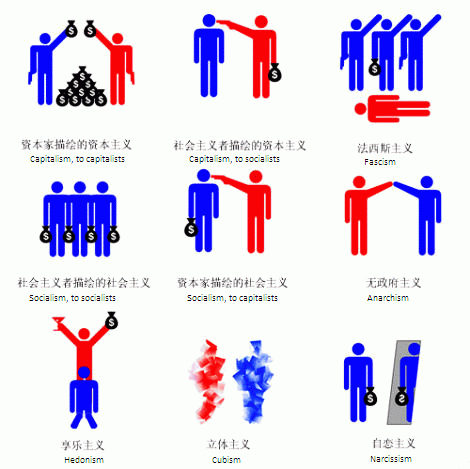Murakami Haruki’s popularity in mainland China is due in no small part to Lin Shaohua (林少华), who has produced 33 volumes of translations into Chinese over the course of two decades, beginning with Norwegian Wood in 1989. With What I Talk About When I Talk About Running (当我谈跑步时,我谈些什么), Lin was passed over in favor of Shi Xiaowei (施小炜), a relative unknown who just last week was revealed to be the translator of Murakami’s latest work, 1Q84 (the mainland edition, that is: a Taiwan edition translated by Lai Mingzhu has been out since November).
The Southern Metropolis Daily‘s Sunday book review section (April 25) included a short article based around a conversation held on Sina’s microblog host when an earlier SMD report announcing the translation’s upcoming release was linked by Tan Shanshan.
Some quotes:
Atage: “I read for a decade before I realized I was reading Lin Haruki, not Murakami Haruki, and that’s the shame of it.”
Tan Shanshan: “Actually, it’s Lin Haruki that lots of people like.”
Lao Yao: “The new translator can’t compare to Lin Shaohua. Changing a decade-long reading habit is killing me.”
Huang Yuning of Shanghai Translation Publishing House: “The scariest thing is that lots of people, including those who don’t read Japanese and those who don’t really read Murakami, join in the talk of who is more ‘faithful’ and who has a better feel for the language. The question of ‘faithfulness,’ of familiarization versus alienation, is something that translation theory has a hard time working out, so why are you so easily convinced? Commercialism is understandable, controversy is understandable. Out of commercial aims, like for Running, to attack the original translator all over the press, that’s just….”
Perhaps Lin identified too much with the author. He has been quoted as saying, “When I’m not translating Murakami, after a few days I feel uncomfortable” and “When Murakami says half a sentence, I know what he’ll say in the second half.”
See also: Tim Parks in The Guardian: Why translators deserve some credit. And a review of Edith Grossman’s Why Translation Matters at Quarterly Conversation which quotes this paragraph:
One of the brightest students in a seminar I taught recently asked whether, in The Autumn of the Patriarch, we were reading Rabassa or Garcia Marquez. My first, unthinking response was “Rabassa, of course,” and then a beat later, I added, “and Garcia Marquez.” The ensuing discussion of how difficult it is to separate the two, and what it meant to us as readers, writers, and critics to make the attempt, was one of the liveliest and most engrossing we had that semester.
Image from Golden Book.

